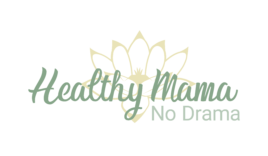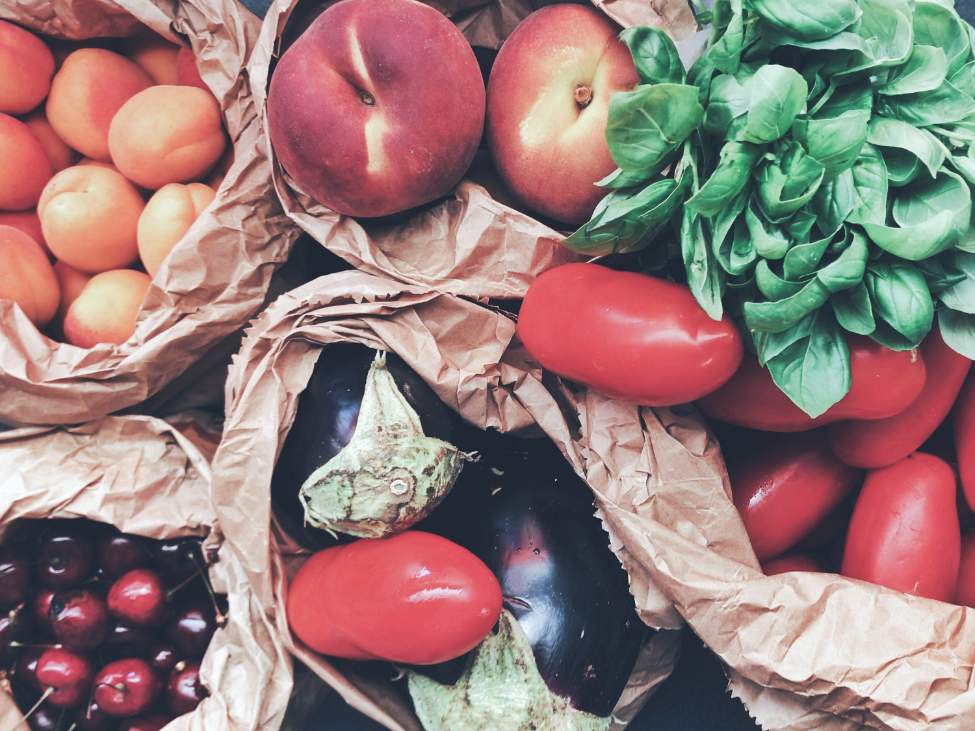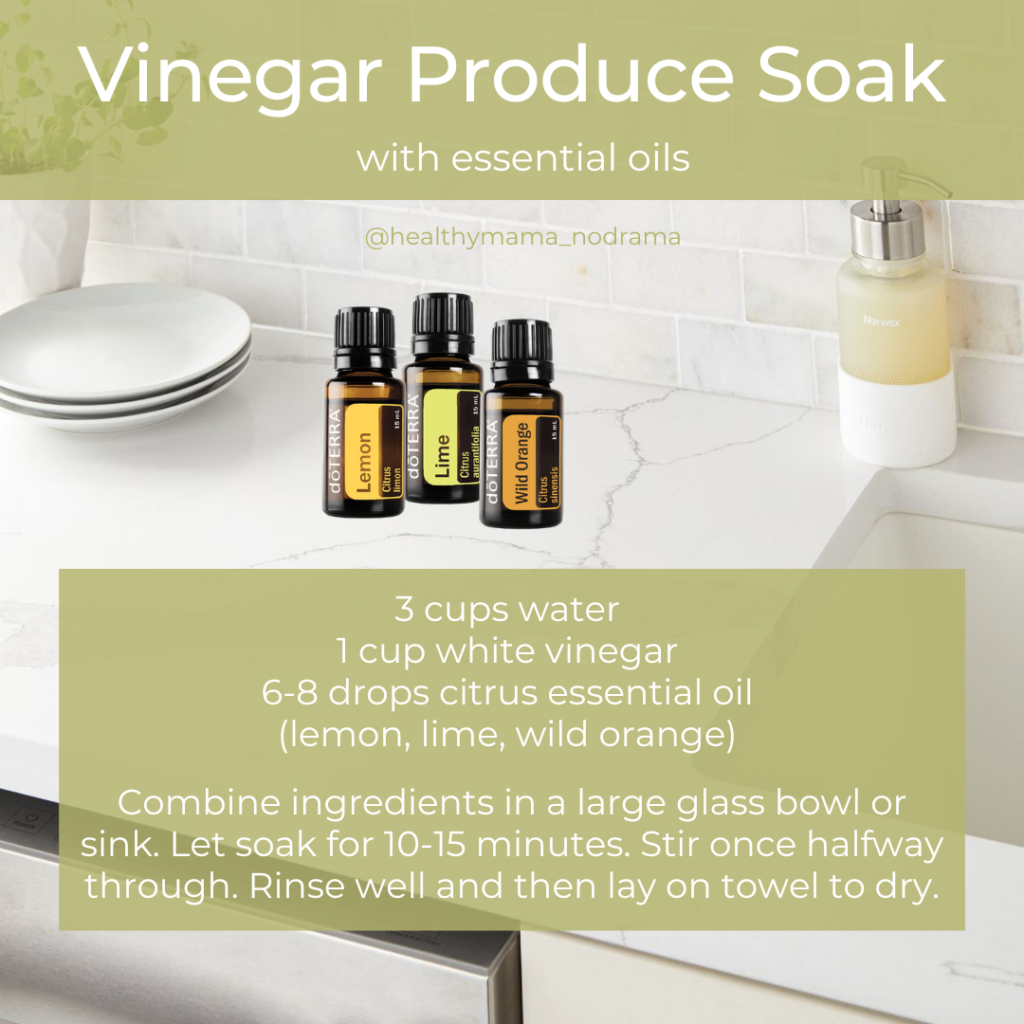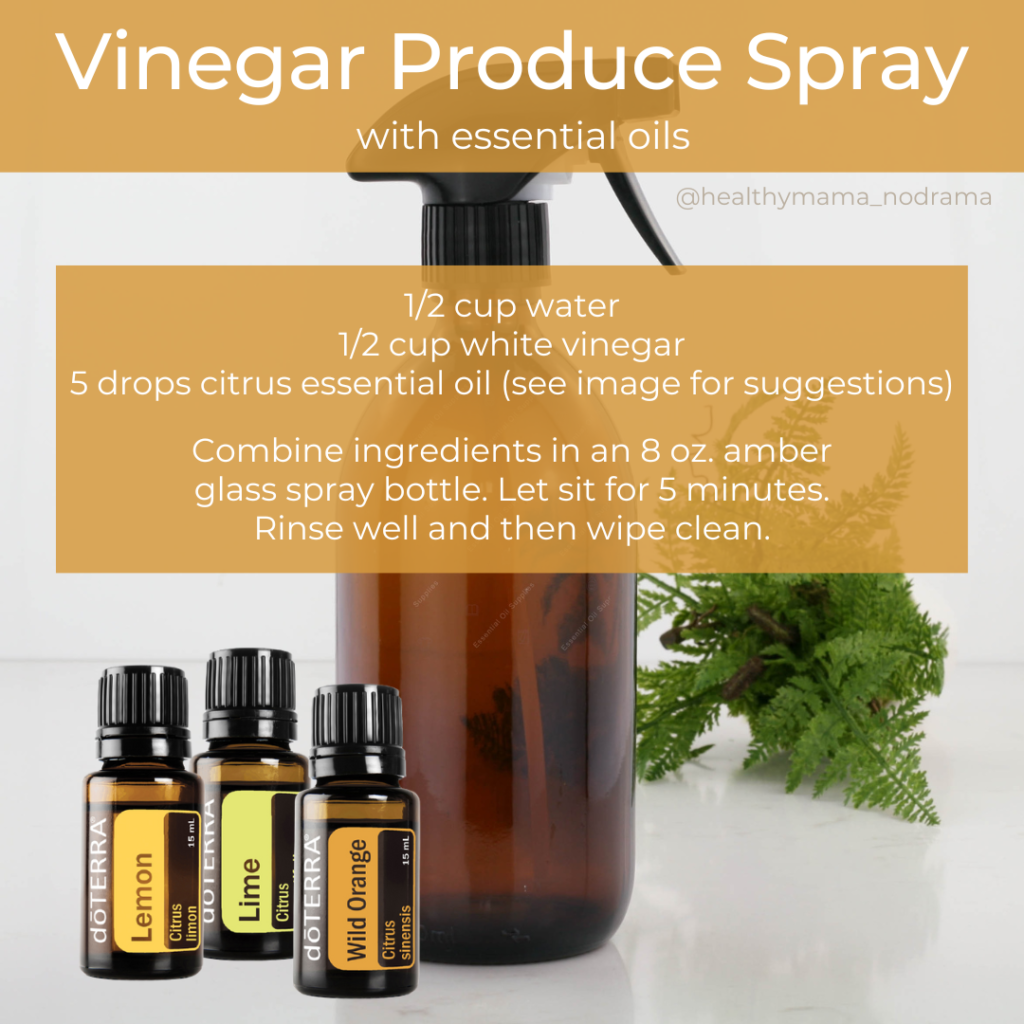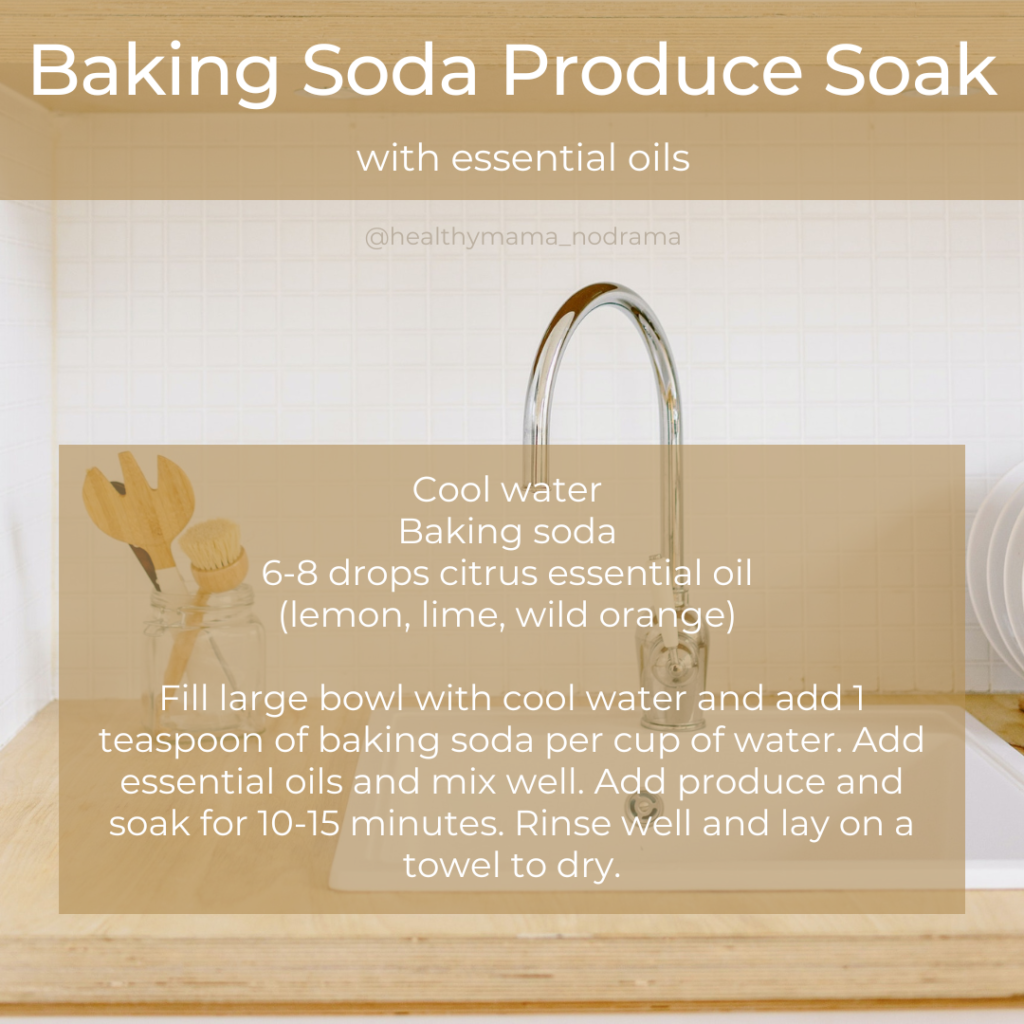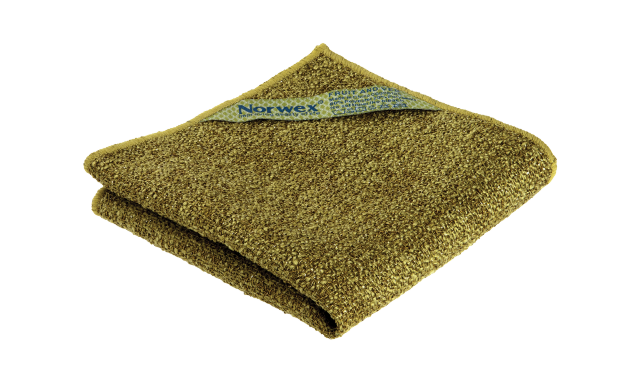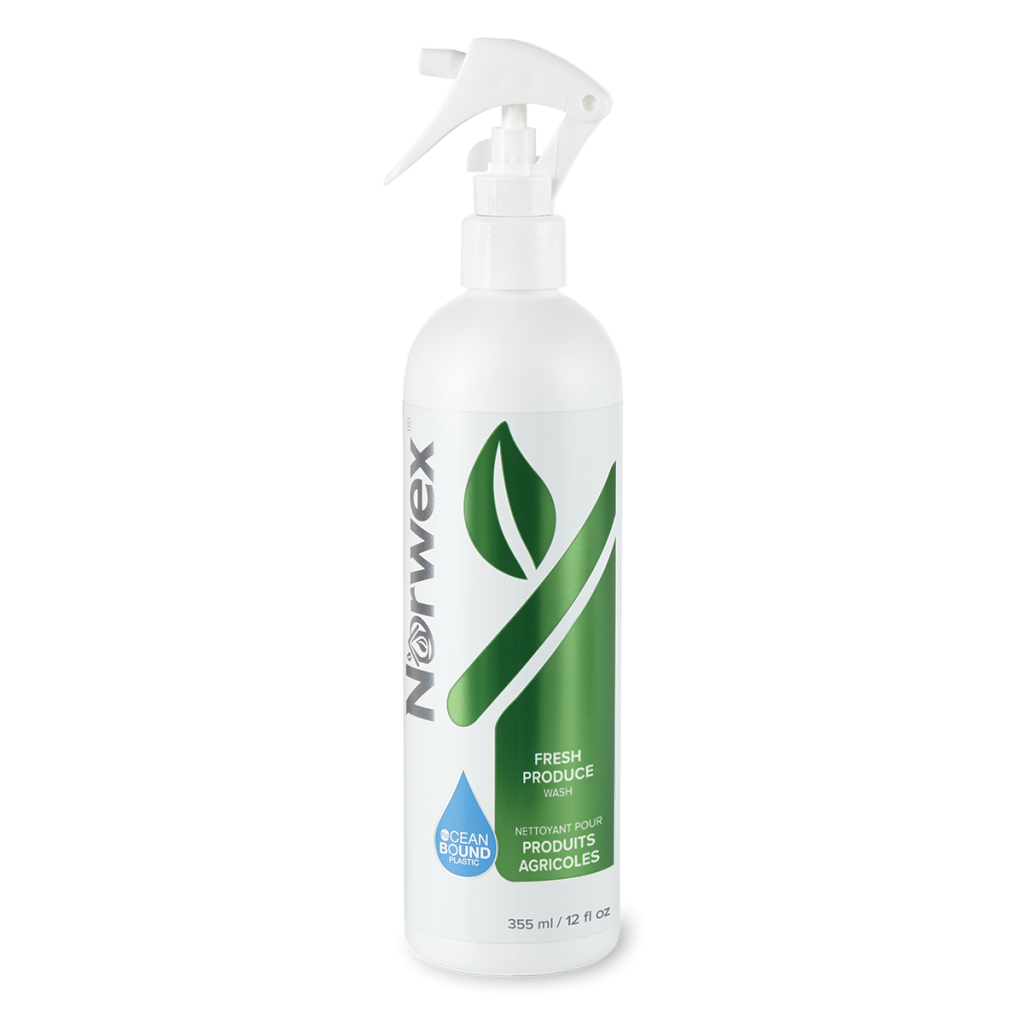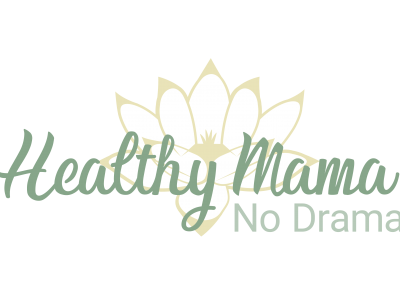It’s no secret that many farmers use pesticides nowadays to protect their product from pests or decay during transportation. And, while that’s not ideal for health, not everyone can afford a completely organic diet to avoid these chemicals. So, the two questions that arise are 1) is there a benefit to buying organic produce and 2) how do you know which produce to buy organic if you can only commit to a partially organic diet? I’ve got some tips for you! But first, a quick note on the importance of washing your produce, whether it’s organic or not.
What is hiding on your produce?
I get it. Cleaning the dirt and debris off of fresh produce is not the most enjoyable way to spend your limited time (can I get an amen?!), but, it’s SO important. Why? Well, for starters, many hands touch your food before it gets to you. Animal waste can potentially live in the crevices of your produce. Gross. Fresh produce can be big offenders of harboring bacteria. Also gross. PLUS, without thorough washing, there tends to be chemical residue left on your produce from the chemicals that many producers use. YUCK!! Now, if you choose to buy organic produce, you can minimize the latter, which is a huge help. You definitely want to ingest those harsh chemicals. But, your produce doesn’t escape the other culprits just because it’s organic. It’s still important to wash your produce!!
I used to be one of those who just did a quick rinse and serve. Now, I cringe at the thought of it! If you’re like I used to be…(and I say this with all the love and support I can offer)…it’s time to rethink your washing! Maya Angelou said it best…
Do the best you can until you know better. Then when you know better, do better.
And, now I know better so I choose to do better. For myself, and for my family.
Think about all the crevices in things like broccoli, cauliflower, celery, and leafy greens. Those crevices can hang on to yuck that you definitely don’t want to be eating or feeding to your kids. I’ll share some of my favorite products for washing produce below, but let’s get back to original topic…how necessary is it to purchase organic produce?
(Stepping off my soapbox now.)
What organic produce is priority?
If you can afford to buy all organic produce, then certainly do that. I absolutely believe there is benefit to buying organic produce that has been produced with safe practices all the way from the farm to your home. Unfortunately, chemical pesticides like glyphosate can linger in the soil for 20-30 years after use. It only takes 3 years to get a farm certified organic, so do the math there. There’s still a risk, but it IS more limited when purchasing organic.
Additionally, even with the best washing practices, if pesticides have penetrated the skin of your produce and gotten into the flesh, there’s only so much you can do with washing. Again, buying organic produce will offer more protection from lurking chemicals. But, if you cannot commit to a completely organic diet, here is a guide to know which produce should be your top priority. A general rule of thumb is to go with the soft-skinned produce and the leafy greens. But, here is the most up-to-date “Dirty Dozen” + “Clean 15” list provided by the EWG. The list is a very helpful guide that makes it easy to prioritize what you should buy organic. They update the list every year too!
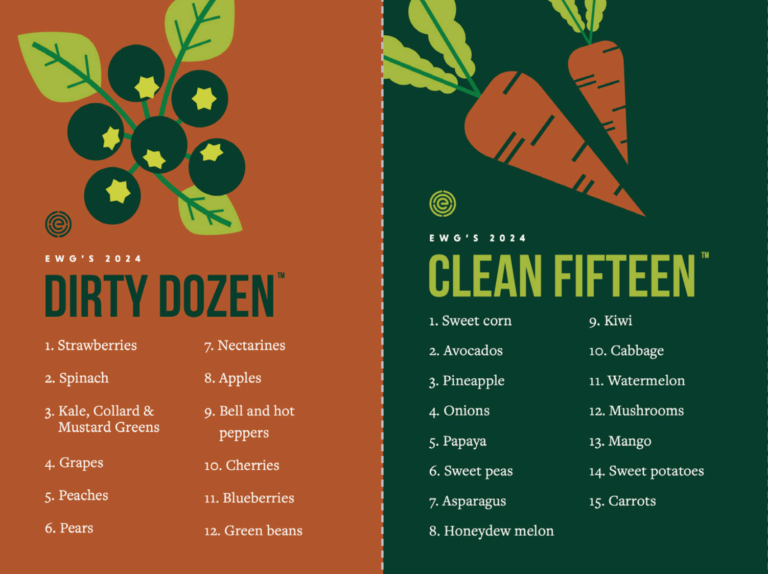
Another bonus to properly washing your fresh produce is that it helps extend the shelf life of your produce! According to various estimates, American families throw out somewhere between 14-25% of the food and beverages they buy. This can cost the average family between $1,300 to $2,300 annually. If you are buying organic produce, or any fresh produce for that matter, the last thing you want to do is toss your food into the garbage because it’s spoiled.
Do vinegar or baking really work?
One study found that soaking fresh produce in a vinegar-water solution removed pesticides and killed 98% of bacteria. Aim for a 10-15 minute soak, followed by a rinse with water. To help with the vinegar taste, add a few drops of citrus essential oil to your solution (see below).
Baking soda and water can also be an effective approach to removing some pesticides from your produce. It’s a natural disinfectant that can help kill bacteria and other harmful microorganisms that may be present on your produce. In this study, a 12-15 minute soak got rid of all of the pesticides. The scope of the study was limited to two pesticides and apples, but the findings are still positive for the use of baking soda.
4 safe and effective ways to clean your produce
1- Vinegar + Essential Oils Soak – to soak, pour 3 cups of warm into a large glass bowl or sink. Add 1 cup of vinegar and 6-8 drops of your favorite citrus essential oil like Lemon, Lime, or Wild Orange (a high quality oil that you can be confident in its purity is very important – I recommend doTERRA oils due to their very thorough testing and transparency). Soak for 10-15 minutes and then scrub with a veggie and fruit scrub cloth and rinse clean.
2- Vinegar + Essential Oils Spray – for produce that you don’t want to soak (larger fruit like apples, pears, or peaches), simply fill a spray bottle (amber glass like this one is best for citrus oils) with equal parts water and vinegar and 5 drops of your favorite citrus essential oil like Lemon, Lime, or Wild Orange (a high quality oil that you can be confident in its purity is very important – I recommend doTERRA oils due to their very thorough testing and transparency). Scrub with a veggie and fruit scrub cloth, rinse and enjoy!
3- Baking Soda + Essential Oils Spray – A great alternative to vinegar. Mix your water and baking 6-8soda in a large bowl. Add 5 drops of your favorite citrus essential oil like Lemon, Lime, or Wild Orange (a high quality oil that you can be confident in its purity is very important – I recommend doTERRA oils due to their very thorough testing and transparency).Add fruit, and soak for 10-15 minutes. Scrub with a veggie and fruit scrub cloth, rinse and enjoy!
4- Norwex Veggie & Fruit Scrub Cloth – The cloth is wonderfully practical in that it has a rough side for scrubbing and a smooth side for polishing. It will remove dirt, debris, wax from apples, and eliminate your need for a peeler on your carrots & potatoes!
5- Norwex Fresh Produce Wash – another great soak or spray option that works to remove unwanted chemical residue from fertilizers, dirt and bacteria. It’s a plant-based concentrate made with biodegradable ingredients. If you’re not a DIYer, this is a fantastic ready-to-use option! Best part, it’s super simple and super effective!
Which of these are you excited to try? If you do something different that is effective and safe, I’d love to hear what you use! Whatever you do, just make sure you wash your produce well!
For more tips on reducing toxic load through what you ingest, check out Body Burden: What – Why – How.
Some of the links above are affiliate links. This means that, at zero cost to you, I will earn an affiliate commission if you click through the link and finalize a purchase. Thanks for your support!
Related posts:
- Why Essential Oils Are…Essential If you’ve done even a small amount of researching online about natural health, chances are that you’ve come across essential oils. Their popularity is ever-growing both in the natural world...
- Healthiest Cooking Oils There are many oils on the market today. Some well-known, some not. Many people just grab the cheap and accessible vegetable or canola oil off the shelf without realizing the...
- Non-Toxic DIY Dry Shampoo Can I tell you a secret? I don’t wash my hair every day. I don’t even wash my hair every week. It’s not because I’m lazy, it’s because my hair...
- Non-Toxic Bug Repellent Bug repellent…another one of those products that was on my “list” for a long time. The list of products that I knew weren’t safe for my family, but that I...
